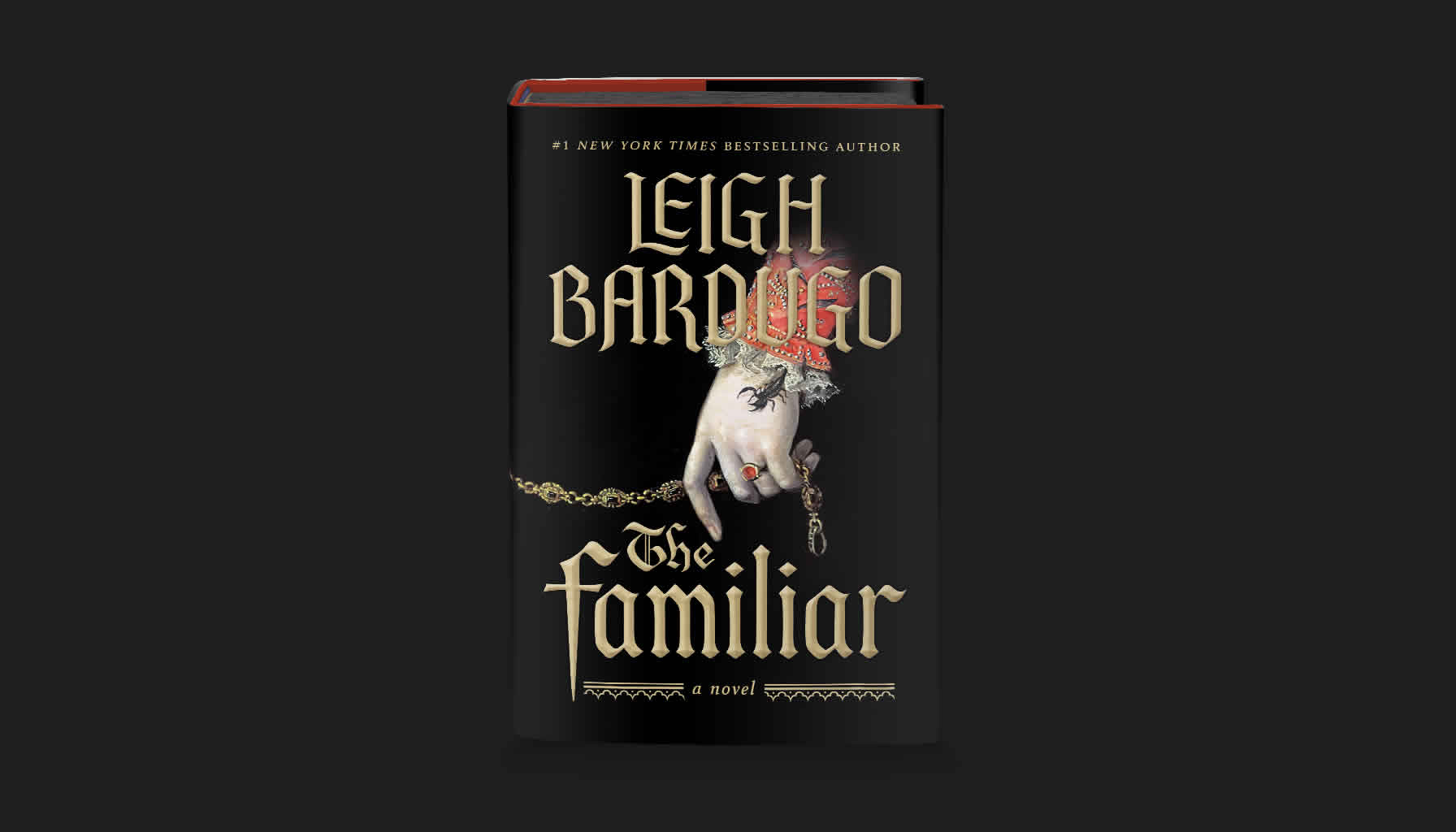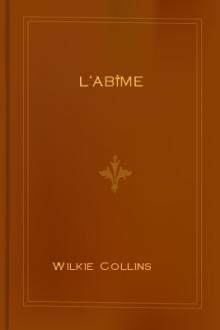THE FAMILIAR BOOK REVIEW
THE FAMILIAR
By Leigh Bardugo
A much awaited historical fantasy set in the Spanish Golden Age comes from the New York Times bestselling author of Hell Bent, Ninth House, and the Grishaverse series.
Writing about repressed people with amazing powers has become Leigh Bardugo's career. Her young-adult Grishaverse series about a persecuted minority who has the power to shape the universe addresses these issues in great detail, and the protagonist of her adult debut, "Ninth House," likewise rises beyond poverty by extraordinary powers. However, "The Familiar," her most recent adult book, delves even deeper and more sensitively into this subject.
"The Familiar," which takes place in late 16th-century Spain, revolves around Luzia, a young servant with the ability to perform milagritos, or little miracles. After powerful people unintentionally learn about Luzia's abilities, they want to utilize her for their own gain. As a result, she becomes involved in political intrigue and rivalry with other miracle-workers. Through it all, Luzia must hide the true nature of her power, which comes from reciting refranes, or old sayings, in Ladino (a Sephardic dialect of Spanish mixed with Hebrew and other languages). Nobody can know that Luzia is a conversa, a Jew whose family was forced to convert to Catholicism.
Narratives concerning the miraculous abilities of subaltern individuals frequently function as a tool for considering the complex nature of power — how complete control in one area can give way to helplessness in another. However, they also provide insight into the contradictory nature of stigma, which frequently bestows improbable power and utility onto those who are most stigmatized. We can have it both ways by supporting a hero who is both an underdog and invincible thanks to this popular fantasy cliché (see out these five recent books about strong underdogs).
But because "The Familiar" delves into a horrific and terrible real-life past, it feels different from other stories of a similar nature, including Bardugo's own. Bardugo graphically portrays the costs associated with concealing as well as the atrocities meted out by the Spanish Inquisition against Jews and other non-Christians. The most poignant scenes in "The Familiar" are when Luzia watches her father spiral into insanity and her ongoing worry that she would be exposed as a conversa. Bardugo deftly examines the blurry boundary between the divine and the paranormal: miracles originate from God, but magic is prohibited.
The fact that Luzia works as a kitchen servant, or scullion, also influences how she navigates the environment. She puts on an air of ignorance, despite the reality that she is literate in both Latin and Spanish. She quickly befriends Santángel, the mysterious supernatural bodyguard to a powerful nobleman who is the familiar of the book’s title.
I know what it's like to lower yourself, to keep your eyes downcast, and to seek obscurity, Santángel advises Luzia at one point, warning her that her lowly-servant act has gotten so good that she might start believing in it. There is a risk of extinction. You pray no one notices, so when the time comes to locate yourself, all that's left is dust, a victim of your own carelessness. Luzia is fueled by these remarks to reveal her true self to the world, no matter the cost.
The two halves of "The Familiar" occasionally feel unsettling tension: Its lighthearted account of a humble person whose strength elevates them contrasts sharply with the much more sinister true account of the vile Spanish Inquisition. Although Bardugo has obviously done a great deal of research, she rarely employs it, and occasionally her rapid-fire pace detracts from the immersion. A few of the political maneuvers fall flat, and as a result, one significant event is not as clear as it could be. (I couldn't help but compare it to the slow-moving historical fiction of Anne Rice, which reveals every detail.) However, because the reader has been having so much pleasure, it is much more terrible when Bardugo decides to dive farther into the abyss. In fact, she is a master of anticlimax: She builds apprehension for huge events that do not come to pass, then blindsides the reader with something totally unexpected instead.
When "The Familiar" steps back from Luzia's point of view and starts to read more like an ensemble work, it is at its best. Hualit, Luzia's aunt, has an interesting backstory. She has managed to conceal her Jewish heritage and transform into a fashionable mistress for Santángel's patron. Valentina, Luzia's previous employer, also has to reevaluate her entire existence. These shorter tales give Luzia and Santángel's valiant trip a great deal more weight.
"The Familiar" is an exciting addition to Bardugo's canon about oppression and freedom for fans of her work. It will also captivate anyone interested in this historical age and the subjects she is tackling. This narrative explores the pain that arises when the majority uses coercive authority to dominate everyone else's identity by forcing its religion on them. “The Familiar” an essential read.








